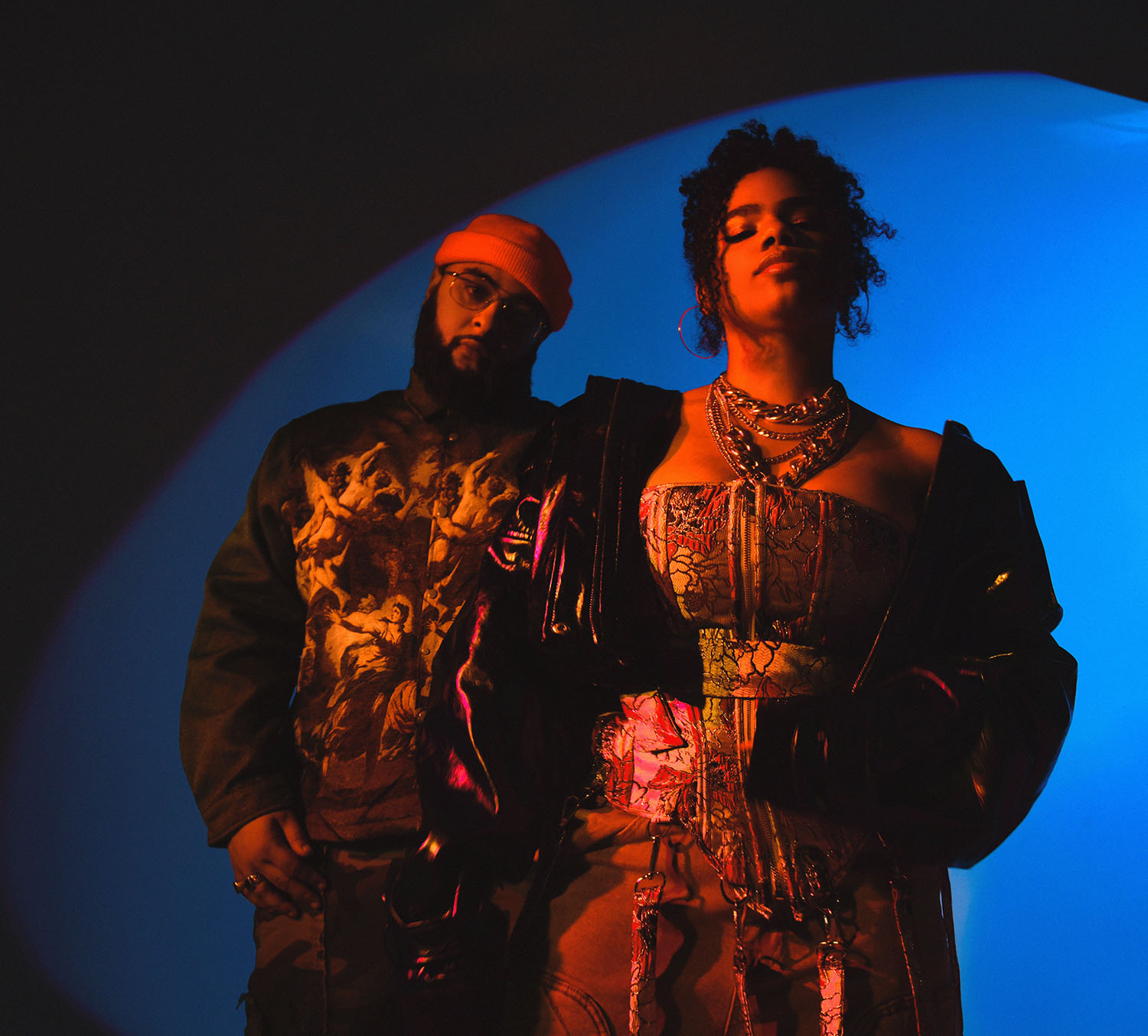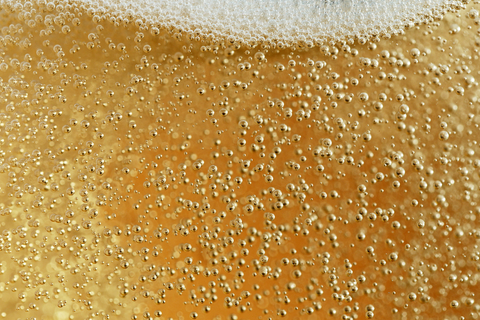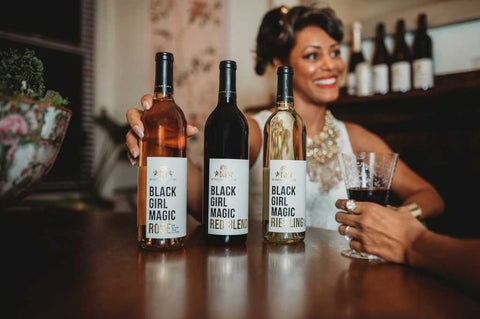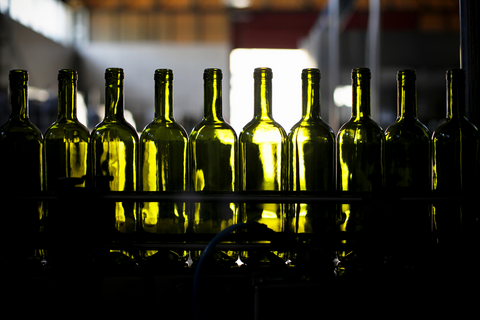Embark on a spirited journey through "Navigating the Spirited Quest: Where to Buy Cheap Alcohol," exploring state influences on liquor prices and uncovering strategies for enjoying premium-tasting alcohol without breaking the bank.More
In the ever-evolving landscape of libations, finding affordable options without compromising quality is a quest many embark upon. If you're wondering, "Where to buy cheap alcohol?" you're not alone. Let's explore this spirited journey and answer some key questions along the way.

What State Is Liquor the Least Expensive to Buy?
When it comes to the cost of liquor, geography plays a substantial role in determining the price you'll pay for your favorite spirits. The question of which state offers the least expensive liquor is a nuanced exploration influenced by a variety of factors.
1. Tax Variations: Different states impose varying levels of taxes on alcoholic beverages. States with lower tax rates often translate to lower overall prices for liquor. For instance, New Hampshire is celebrated for its lack of sales tax and absence of a state income tax, making it a potential haven for affordable alcohol purchases.
2. Regulatory Environment: The regulatory environment for alcohol sales, including licensing fees and regulations imposed by each state, significantly impacts pricing. States with fewer restrictions may experience more competitive pricing due to a more liberal market.
3. Wholesale and Distribution Costs: The costs associated with wholesale distribution, including transportation and warehousing, can influence the final retail price. States with efficient and cost-effective distribution systems may offer more competitive pricing.
4. Local Demand and Competition: The demand for specific types of alcohol in a region, as well as the level of competition among retailers, can also impact prices. High demand or limited competition may result in higher prices, while areas with a surplus of options might see more competitive pricing.
5. Legal Restrictions: Some states have laws that restrict or control the sale of alcohol, impacting the availability and pricing of certain products. Understanding the regulatory landscape is essential when evaluating where to find the most affordable liquor.
While states like New Hampshire, Missouri, and Texas are often cited for their relatively lower alcohol prices, it's crucial to consider the broader context of the alcohol market. Local preferences, regulatory nuances, and individual purchasing habits all contribute to the dynamic landscape of liquor pricing.
As you navigate the diverse price points across states, exploring local liquor stores, being aware of promotions or discounts, and taking advantage of any tax advantages can contribute to finding the most cost-effective options without compromising on your preferred libations. The journey to discovering the least expensive liquor is not only a geographic exploration but also an understanding of the intricate web of factors that influence the cost of spirits in different corners of the country.
Is Alcohol the Same Price Everywhere?
No, alcohol prices are not uniform across the board. As mentioned, factors like taxes, regulations, and distribution costs contribute to the variability in prices. Additionally, local demand and the availability of certain brands can impact the cost of alcohol in different regions.
What Is the Cheapest Alcohol at a Bar Called?

The term "well drinks" or "rail drinks" refers to the cheapest alcohol options available at a bar. These are typically house brands or non-premium spirits used in mixed drinks. Ordering a well drink is a common way to enjoy a drink without breaking the bank.
Unlocking Affordable Elegance: Less Expensive Alcohol with a Premium Taste
In the realm of libations, the price tag doesn't always dictate the quality of the experience. Discovering less expensive alcohol that exudes a premium taste is a pursuit that combines discernment, exploration, and a bit of insider knowledge. Here's how you can elevate your drinking experience without breaking the bank.
1. Exploring House Brands: Many liquor stores offer their own house brands or store-label spirits that deliver exceptional quality at a lower cost. These offerings are often produced by reputable distilleries but carry a more modest price due to reduced marketing and branding expenses. Exploring these house brands can unveil hidden gems that provide a premium taste without the premium price.
2. Opting for Off-Brand Labels: Lesser-known or off-brand labels can be a treasure trove of affordable yet high-quality options. These spirits may not have the marketing clout of their more famous counterparts, but they can deliver comparable taste profiles. The key is to be open to exploring different labels and discovering hidden favorites.
3. Embracing the World of Mixology: Transforming less expensive alcohol into a premium experience often lies in the art of mixology. Crafting cocktails allows you to blend various ingredients, enhancing flavors and textures. A well-crafted cocktail can elevate even modestly priced spirits, providing a sophisticated and premium drinking experience.
4. Seizing Promotions and Discounts: Keep an eye on promotions, discounts, and seasonal sales at your local liquor stores. During these periods, you might find premium brands or higher-tier spirits available at more affordable prices. Being strategic with your purchases can allow you to indulge in top-shelf quality without paying the full premium.
5. Reading Reviews and Recommendations: Leverage the wealth of information available online through reviews and recommendations. Platforms like spirits rating websites and user reviews can guide you towards less expensive options that consistently receive high praise for their taste and quality. Fellow enthusiasts often unveil hidden gems that combine affordability with premium flavor.
6. Participating in Tastings: Some liquor stores or distilleries offer tastings or sampling events. These experiences provide an opportunity to explore different spirits without committing to a full-sized bottle. Tastings can be an enlightening journey, helping you discover affordable options that align with your palate preferences.
How Much Does an Average Person Spend on Alcohol?
The amount an average person spends on alcohol can vary based on individual habits, preferences, and geographic location. According to some studies, the average annual spending on alcoholic beverages per person in the United States hovers around a few hundred dollars. However, this can significantly fluctuate based on lifestyle and local pricing.
What Alcohol Do the Rich Drink?
The drinking preferences of the affluent are diverse, ranging from rare and expensive wines to top-shelf spirits. Champagne and high-end whiskies are often associated with luxury consumption. However, it's crucial to note that personal taste plays a significant role, and the definition of "luxury" varies among individuals.
In the pursuit of affordable libations, exploring local liquor stores, comparing prices, and taking advantage of promotions or discounts can be effective strategies. Additionally, being open to house brands or well drinks at bars can contribute to a budget-friendly approach without compromising the enjoyment of your favorite beverages.
As you embark on your quest for economical spirits, remember that the definition of "cheap" doesn't have to mean sacrificing quality. With a bit of savvy shopping and an understanding of local dynamics, you can raise your glass without emptying your wallet.















